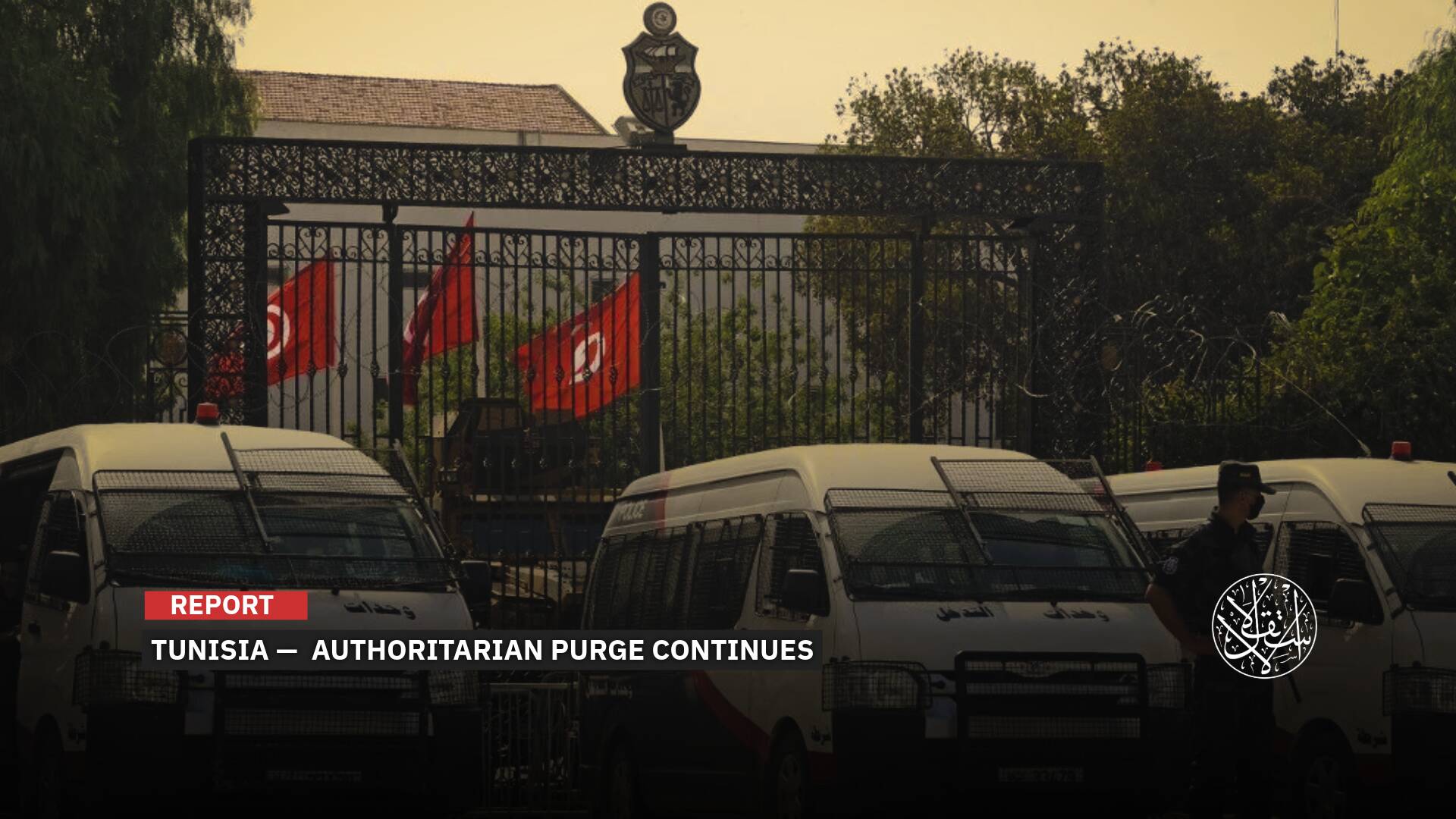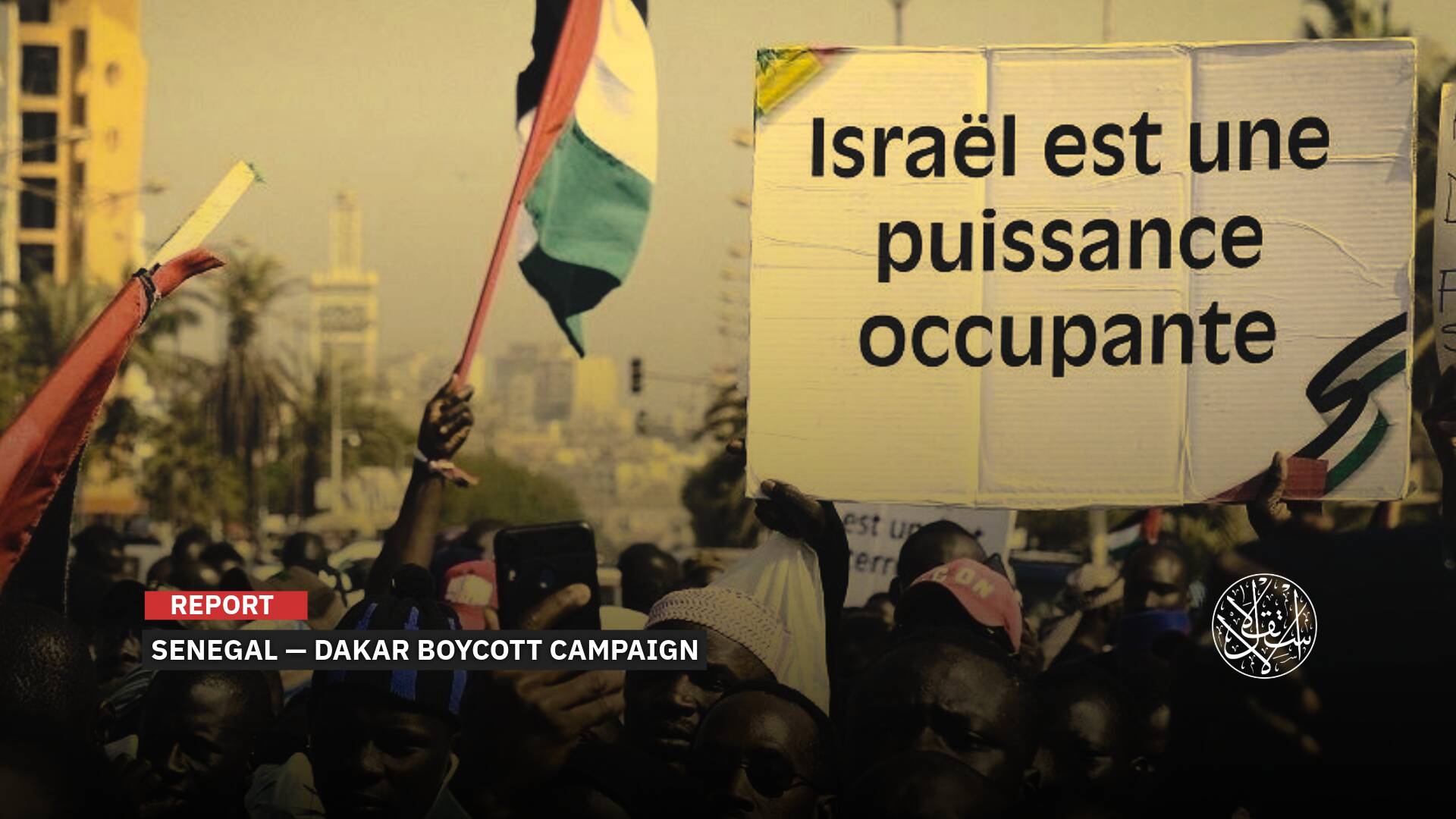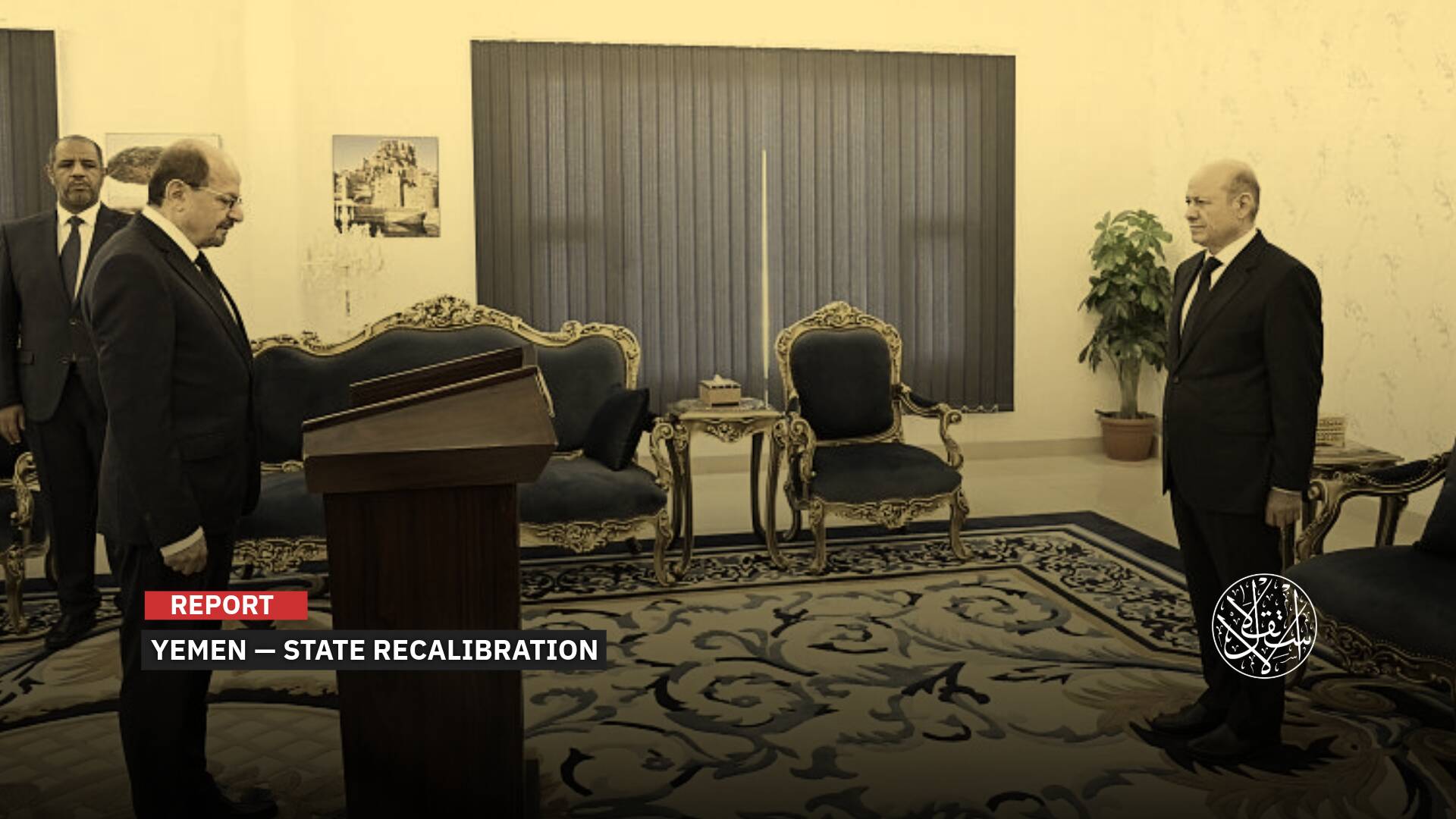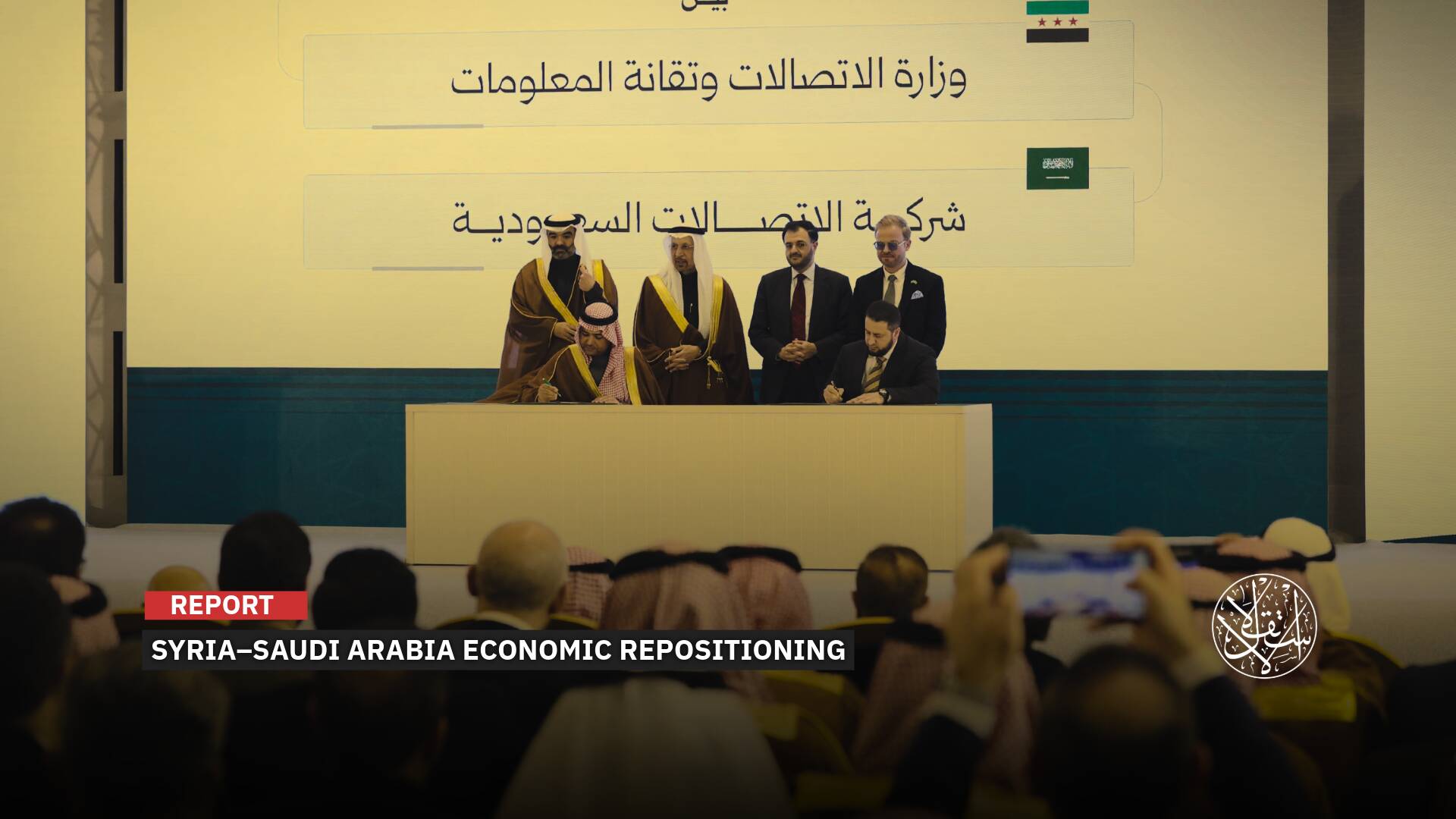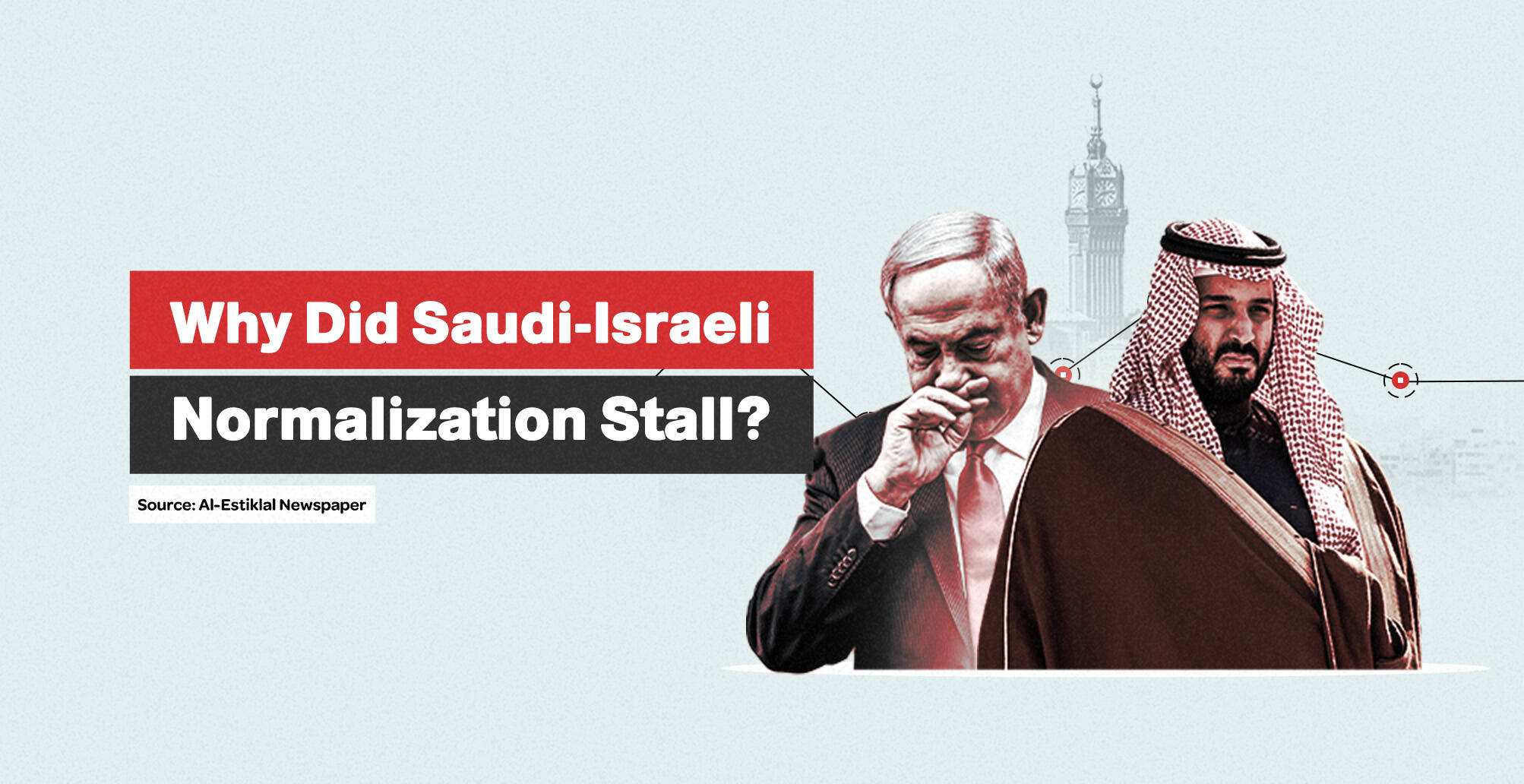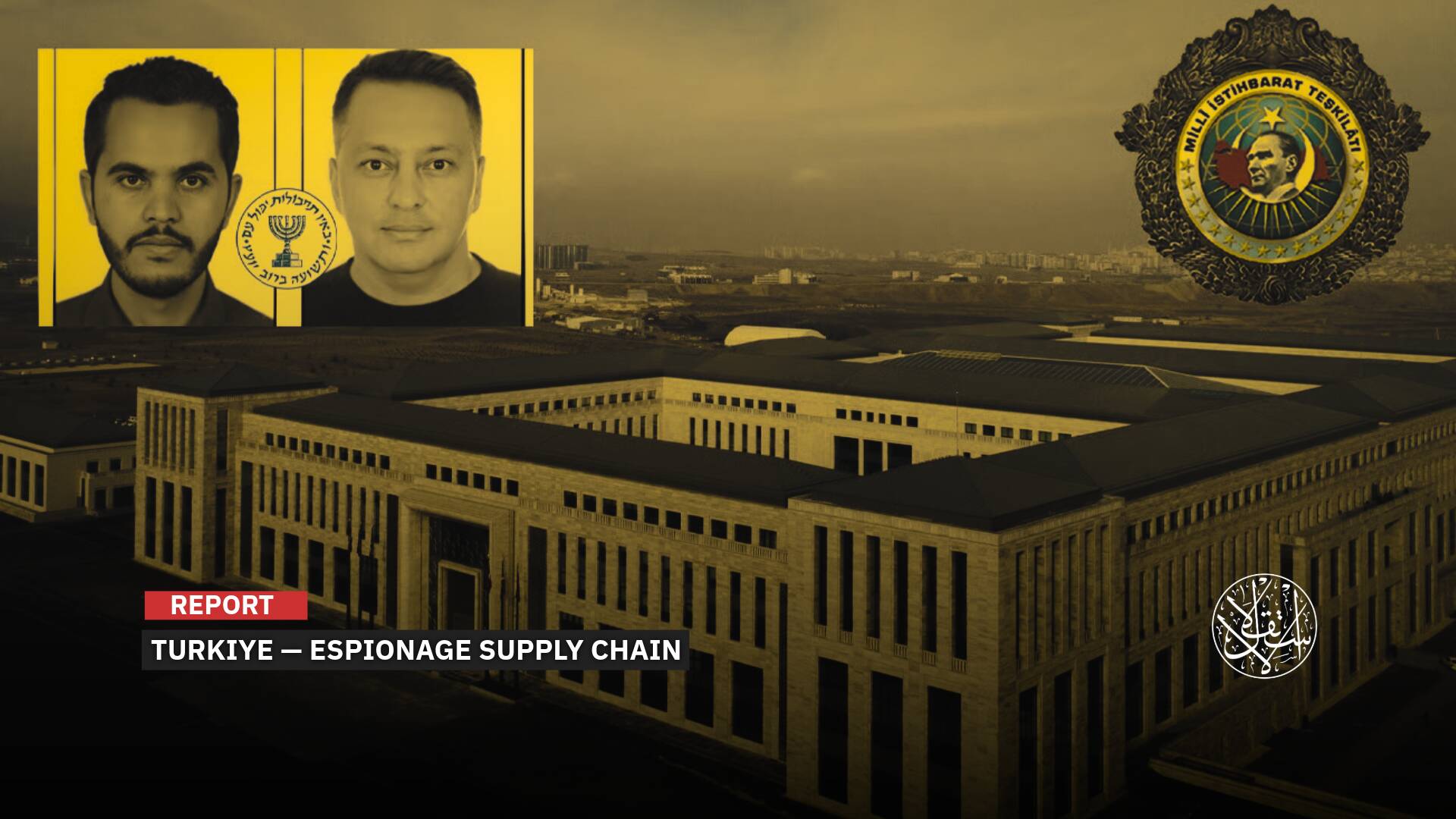Why Is South Korea Opening Up to Syria Under the New Leadership?

South Korea has experience in post-war reconstruction and economic growth.
For the first time in six decades, South Korea has officially stepped into Syria, marking a bold diplomatic shift in the wake of Bashar al-Assad’s fall.
Seoul announced its support for Syria’s reconstruction efforts and formalized ties with the country’s new interim government, led by President Ahmed al-Sharaa. The move signals not just a fresh chapter for Syria, but a strategic step by South Korea to assert influence in a region long dominated by its northern rival’s allies.

A New Chapter After Assad’s Fall
For the first time in six decades, South Korea has officially entered the Syrian arena, signaling a dramatic shift in diplomacy and a clear readiness to support Syria’s reconstruction in the post-Assad era.
On April 10, 2025, South Korean Foreign Minister Cho Tae-yul landed in Damascus, meeting with Syria’s interim president Ahmed al-Sharaa and Foreign Minister Asaad al-Shaibani. The visit culminated in a landmark agreement to establish full diplomatic ties, exchange embassies, and begin a new phase of bilateral cooperation.
Seoul hailed the move as “a new chapter” in relations with a country it had long kept at arm’s length due to Syria’s historic alliance with North Korea. Minister Cho expressed South Korea’s willingness to share its post-war development model to support Syria’s recovery.
Syria’s top diplomat welcomed the deal, calling it a “major diplomatic step” that could open the door to cooperation in fields like economy, technology, and education. Al-Shaibani also called on Seoul to back efforts to ease international sanctions still imposed on Damascus due to the crimes of the Assad regime.
South Korea’s move marks a diplomatic milestone: it now holds formal relations with all 191 UN member states.
South Korea had refrained from establishing any diplomatic ties with Syria since former President Hafez al-Assad solidified his relationship with Pyongyang following his military coup in 1971. Assad ruled Syria with an iron fist until his death in 2000, passing the reins to his son Bashar.
In the 1980s, Assad’s close ties with North Korean leaders Kim Il-sung and Kim Jong-il played a pivotal role in modernizing Syria’s arsenal, including the upgrade of hundreds of Soviet-made weapons.
According to reports, North Korea assisted Syria in building a nuclear reactor in Deir ez-Zor, which was destroyed by an Israeli airstrike in 2007. Western media frequently reported on North Korea’s role in providing military, intelligence, and chemical weapon technologies to the Assad regime in the last decade, helping suppress the Syrian uprising.
United Nations reports also pointed to North Korea’s involvement in the use of chemical weapons by the Assad regime, notably during the 2013 Ghouta massacre, where more than 1,500 people were killed.
UN investigators later confirmed that Pyongyang had shipped chemical-resistant tiles, valves, and sensors to Syria. North Korea also aided the regime in pharmaceuticals, alternative energy, and aluminum production right up until Assad’s downfall.
Hafez al-Assad, after visiting Pyongyang in 1974, famously admired Kim Il-sung’s model of absolute rule. He imported a version of North Korea’s “excessive loyalty” doctrine, rewarding blind allegiance and punishing dissent—a hallmark of the Assad regime’s authoritarian grip that lasted for half a century.
Now, with Assad gone and a new leadership in place, South Korea’s entry signals a reshuffling of Syria’s alliances, and a rare diplomatic win for both Damascus and Seoul.

Economic Expertise
Two decades ago, South Korea tried and failed to build ties with Bashar al-Assad’s regime. Now, in a post-Assad Syria, Seoul is back, with experience, ambition, and a message for Pyongyang.
In 2003, Seoul sought to open diplomatic channels with Assad’s government, but talks fizzled. A second attempt in 2009, this time through its embassy in Lebanon, was met with silence. Then came 2011. As the Syrian uprising erupted, South Korea firmly backed the revolution.
In March 2012, Seoul pledged $1 million in humanitarian aid to Syrian opposition groups, saying the move was part of broader international efforts to end Assad’s bloody crackdown. That same year, South Korea recognized the National Coalition of Syrian Revolutionary and Opposition Forces as the legitimate representative of the Syrian people and took part in every Friends of Syria conference.
Beyond politics, Seoul invested heavily in humanitarian support for Syrian refugees. In 2021, it committed $18 million through international organizations, underscoring a consistent stance against the Assad regime and its backers—chief among them, North Korea.
Now, with Assad out of power and a new government in place, observers say South Korea’s re-engagement sends a clear signal to North Korea: Seoul is ready to support nations once tied to its rival, and it’s doing so with both aid and economic strategy.
North Korea, for its part, had backed Assad throughout the war, offering military, logistical, and even symbolic support. In 2015, Bashar’s foreign minister attended a ceremony with Pyongyang’s ambassador to open a park in Damascus named after dictator Kim Il-sung. The two sides even signed economic cooperation deals in 2019 and aviation agreements in 2022.
The tide turned in February 2025 when a South Korean delegation led by Foreign Ministry official Kim Eun-jeong visited Damascus. After talks with Syrian Foreign Minister Asaad al-Shaibani, both sides laid the groundwork for restoring diplomatic relations.
Al-Shaibani emphasized Syria’s desire to turn the page and build strong ties with Seoul. In response, Kim affirmed South Korea’s commitment to supporting Syria’s reconstruction and political transition, noting her country’s unique experience in post-war rebuilding and rapid economic growth.
South Korea has pledged food and healthcare aid, along with swift assessments to meet urgent needs. It also plans to encourage Korean businesses to explore opportunities in Syria, with an eye toward easing sanctions that still impact the Syrian population.
Seoul’s story is compelling: once a war-torn agricultural society, it now ranks among the world’s top 14 economies, with a GDP of $1.71 trillion in 2023, a 2.32% increase from the previous year. Its success is credited to bold policies that opened its markets to the world and transformed its economy.
Today, South Korea stands among the top ten exporters globally, having combined rapid growth with significant poverty reduction. Now, it hopes to channel that “miracle” experience into Syria’s long-awaited recovery.

A New Phase of Shifts
Both Syria and South Korea are undergoing sweeping political shifts, and their renewed diplomatic courtship is being closely watched, not least in Pyongyang.
For Seoul, establishing ties with Damascus is more than symbolic. Experts say it’s a calculated geopolitical move aimed at curbing North Korea’s influence in a region long entangled in proxy alliances. The message? The new Syria doesn’t need Pyongyang; it has other options.
Observers believe Seoul has a lot to offer Syria, from public services to advanced technologies and the automotive industry. But there’s a catch: much depends on Washington. If the United States, South Korea’s closest ally, eases its sanctions on Syria, the path to full diplomatic normalization would likely accelerate.
Some analysts argue that both Seoul and Washington are keen to sever any lingering military cooperation between Damascus and Pyongyang, ties that flourished under Bashar al-Assad. For the new Syrian leadership, distancing itself from North Korea could be a crucial step in gaining broader international recognition, especially from the U.S., which has no formal relations with Kim Jong Un’s regime.
One sector stands out in all this: military equipment. As Syria seeks to build a modern army and overhaul security apparatus, the war economy remains dominant. And that, experts warn, could open the door for North Korean arms sales, unless Seoul and its allies step in first.

North Korea is treading carefully in the aftermath of Bashar al-Assad’s downfall, with analysts suggesting Pyongyang is adopting a wait-and-see approach toward the new leadership in Damascus.
Christopher Green, an assistant professor at Leiden University and adviser to the International Crisis Group, noted that Pyongyang is likely taking a pragmatic approach, closely monitoring developments before deciding how to engage, and potentially seeing an opportunity to sell arms to Syria.
So far, North Korean state media has remained conspicuously silent on Syria since Assad's ouster, with Kim Jong Un making only a passing reference to the “Middle East crisis.”
But the collapse of Assad’s regime is sending shockwaves through Pyongyang. According to Shawn Rostker, a research analyst with the Center for Arms Control and Non-Proliferation, it’s a sobering reminder of the perils of relying too heavily on Moscow.
In “The Fall of Assad: A Cautionary Tale for Kim Jong Un” analysis, Rostker wrote, “If conflict broke out on the Korean Peninsula, Russia would be in no position to come to Kim’s rescue.”
“Its forces are entrenched in Ukraine, and its resources are depleting. Russia has a long road ahead until it is able to recapitalize and rebuild its conventional forces.”
“Assad’s fall highlights the fragility of alliances built on transactional needs rather than shared ideology or long-term strategic interests,” he added.
In a sign of Seoul’s own shifting strategy, South Korea also reestablished diplomatic relations with Cuba in 2024, another longtime North Korean ally, highlighting a broader effort to outmaneuver Pyongyang on the global stage.
Sources
- The Fall of Assad: A Cautionary Tale for Kim Jong Un
- S. Korea Seeks Ties With Syria
- South Korea announces the establishment of diplomatic relations with Syria [Arabic]
- South Korean Delegation Meets al-Shibani in Damascus, Expresses Seoul’s Readiness to Share Economic and Reconstruction Expertise with Syria [Arabic]
- Kim Il-sung Park in Damascus: Bonds of Tyranny and Schizophrenia [Arabic]


